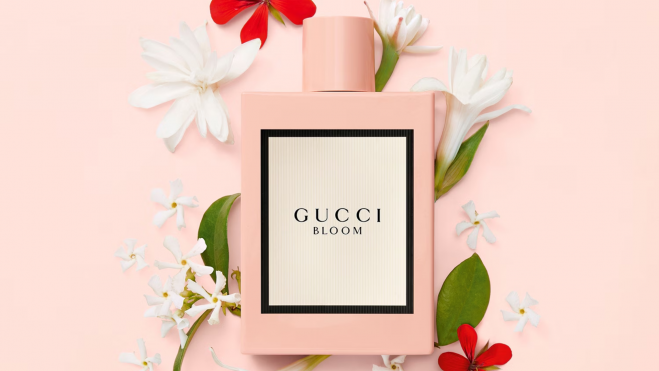The beauty universe has a new focal point of conflict. Coty has sued Kering and Gucci over a licensing dispute that could redefine the global luxury cosmetics landscape. As reported by Global Cosmetics News, Coty's Swiss subsidiary filed a lawsuit in a UK commercial court against Gucci America Inc. and Kering. The reason: the imminent loss of the license agreement for Gucci's fragrances and beauty products, which will pass to L'Oréal in 2028, following the agreement announced in October that grants the French company exclusive management of that line for the next 50 years.
Coty has stated that it will defend its rights "until the last day of the contract," while Kering denies the accusations and calls the lawsuit "unfounded." But beyond the litigation, the background reveals something deeper: the end of an era in which fashion houses ceded their beauty territory to third parties, and the beginning of a stage of strategic reconquest.
Business of Fashion emphasizes Coty's vulnerability due to the loss of one of its most profitable licenses, as the Gucci line generates between $500 and $600 million annually, and warns that the company faces an uncertain future if it does not accelerate its reinvention. Modaes España adds that Coty has already experienced a 6% drop in its quarterly revenue, reflecting the tension generated by the countdown to 2028. From BeautyMatter they go a step further and question whether this episode could compromise the group's long-term independence, given its reliance on licensing agreements and an increasingly competitive market.
At the heart of this story lies a question of power and control. Kering, the owner of Gucci, has in recent months shown its intention to centralize beauty and perfumery management under its umbrella, a move reminiscent of other giants like Chanel or Dior. With the agreement with L'Oréal, valued at around 4.6 billion euros according to *Reuters*, the French group strengthens its dominance in the luxury segment and leaves Coty out of a game it had known how to play for decades.
This is not just about contracts: it's a model change. Major fashion brands are moving away from licenses as an expansion formula and betting on integrated structures that ensure aesthetic and narrative coherence, and especially, margins. For Coty, the challenge will be to reinvent its storytelling without one of its most iconic pillars. For Kering and L’Oréal, the opportunity is to consolidate a new era where beauty is not licensed, it is owned.
This litigation is not just a legal showdown: it is the reflection of a tectonic shift in the luxury and beauty industry, where brand control is the true object of desire.
